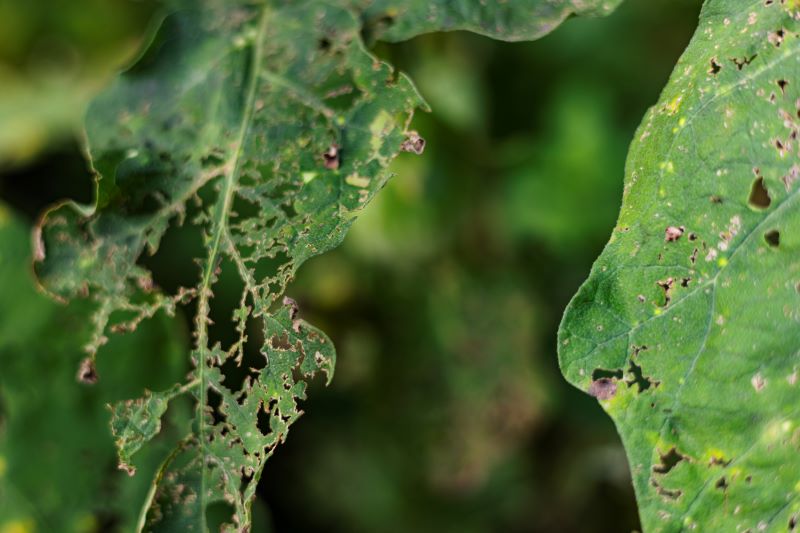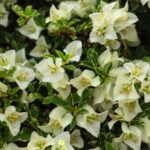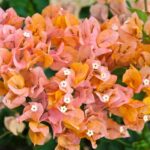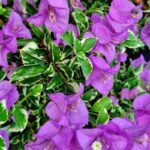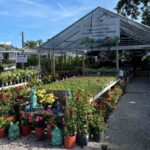In a Florida garden, pest management can be tricky. Using chemical pesticides might seem like a quick fix, but they can harm beneficial insects, wildlife, and even humans. The Florida-Friendly Landscaping™ principle of managing yard pests responsibly emphasizes natural and integrated methods to keep pests in check while protecting the environment. Here’s how to implement this eco-friendly approach in your Sarasota landscape.
Understanding Integrated Pest Management (IPM)
Integrated Pest Management (IPM) is a holistic approach that combines multiple strategies to control pests effectively. It minimizes the use of chemical pesticides, focusing on prevention and using environmentally responsible methods when intervention is necessary.
Benefits of IPM: Reduces the risk of pesticide runoff into Sarasota’s waterways and promotes a balanced ecosystem by encouraging natural predators like birds and beneficial insects.
Step 1: Identify and Monitor Pests
Effective pest management starts with correctly identifying the problem:
- Regular Inspections: Walk through your garden weekly to look for signs of damage, such as chewed leaves, discolored foliage, or visible pests.
- Identify Pests: Determine whether an insect is harmful or beneficial. For instance, ladybugs are natural predators of aphids and should be encouraged in your garden
Helpful Tip: Use resources like the UF/IFAS Extension’s pest identification guides to know exactly what you’re dealing with
Step 2: Encourage Natural Predators
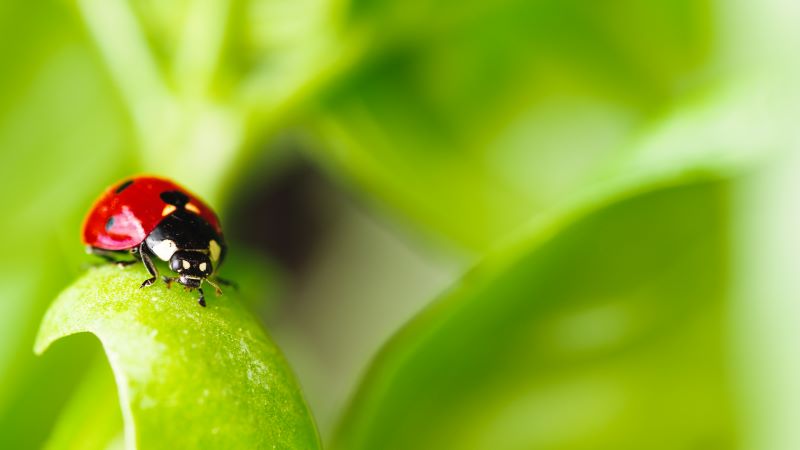
Nature provides a helping hand when it comes to managing pests. Many insects and animals feed on common garden pests and keep populations in check.
- Beneficial Insects: Lacewings, ladybugs, and parasitic wasps feed on aphids, caterpillars, and whiteflies. Planting nectar-rich flowers like alyssum and dill can attract these helpful insects
- Birds and Bats: Install birdhouses or bat boxes to encourage these natural pest controllers. Birds eat caterpillars and beetles, while bats are great for reducing mosquito populations
Step 3: Use Cultural Practices to Reduce Pests
Prevention is key in IPM. By maintaining your garden well, you can make it less inviting for pests:
- Plant Selection: Choose Florida-Friendly and native plants that are more resistant to pests and diseases, such as coontie or firebush.
- Proper Watering and Mulching: Overwatering can invite fungal diseases and attract pests like snails and slugs. Mulching not only conserves moisture but also prevents soil-borne diseases
- Pruning and Hygiene: Remove diseased or damaged plant material to prevent the spread of pathogens and pest infestations
Step 4: Apply Organic or Low-Toxicity Treatments
Sometimes, even with preventive measures, pests become too problematic. When this happens, opt for the least toxic control methods:
- Horticultural Oils and Soaps: Use these to smother soft-bodied pests like aphids and spider mites. They are effective and break down quickly, minimizing environmental impact
- Biological Controls: Introduce beneficial nematodes to control soil-borne pests or use Bacillus thuringiensis (Bt) to manage caterpillar populations without harming other insects
Step 5: Use Chemical Pesticides Only as a Last Resort
If you must use pesticides, follow these guidelines:
- Spot-Treat, Don’t Broadcast: Target only the affected areas rather than spraying your entire garden.
- Follow Label Instructions: Always use the correct amount, and be mindful of environmental hazards listed on the label.
- Avoid Spraying Before Rain: Pesticides can wash into storm drains and pollute local waterways.
Additional Tips for a Healthy Garden
- Rotate Crops: In vegetable gardens, rotate plant locations each season to reduce pest buildup in the soil.
- Companion Planting: Grow pest-repellent plants, like marigolds near tomatoes to deter nematodes and aphids
- Healthy Soil: Enrich your soil with organic matter to grow stronger, pest-resistant plants.
Conclusion
Managing yard pests responsibly is all about balance. By using natural and integrated strategies, you can maintain a beautiful and healthy garden that supports Sarasota’s unique ecosystem. For more advice, pest identification help, and eco-friendly products, visit Troy’s Tropics. Be sure to sign up for our upcoming workshops to learn more about sustainable pest management!

